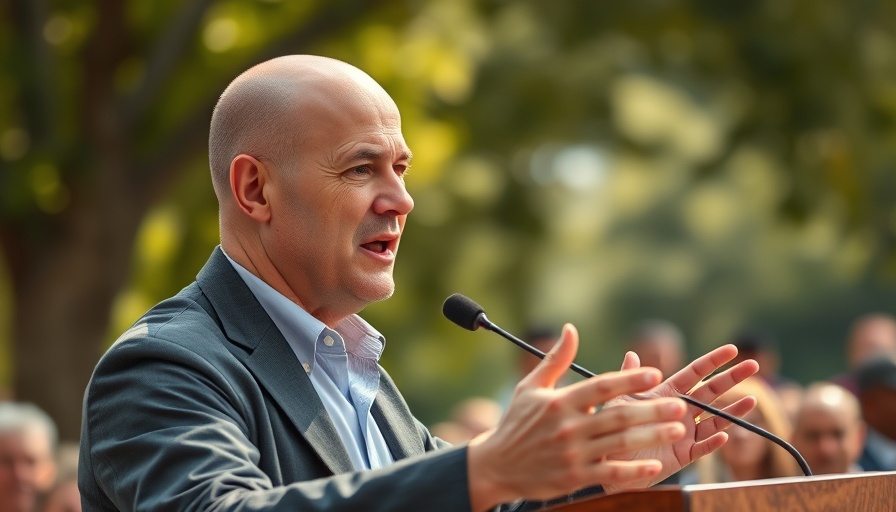
Massachusetts Politics Heat Up as Healey Gains Momentum
As Massachusetts heads towards the 2026 gubernatorial election, recent polling data shows that Governor Maura Healey enjoys a solid level of approval among the state’s residents. A survey conducted by the MassINC Polling Group revealed that more than half of Massachusetts voters approve of Healey's performance, which underscores the challenges facing her potential challengers, particularly Republican Mike Kennealy.
Analyst Disputes Polling Credibility
Among those critical of the poll is Brian Wynne, an advisor to Kennealy. He openly challenged the credibility of MassINC’s methods, arguing that their past surveys—including a significant miscalculation regarding the voting on the state’s millionaires tax—call their reliability into question. Wynne referred to the poll as “statistically unscientific,” prompting discussions about the trustworthiness of polling data in shaping electoral strategies.
The Landscape of Massachusetts Politics
The tension surrounding Healey's approval ratings encapsulates a broader narrative of Massachusetts politics, a landscape where Republican contenders face uphill battles against established Democratic figures. With the state's demographics and political climate evolving, GOP candidates must not only contend with public approval ratings but also navigate a growing national sentiment among conservatives fixated on changing the political dynamics in traditionally blue states.
Looking Forward: The Road to the 2026 Election
As we march toward the gubernatorial election, understanding public sentiment and polling methods becomes crucial for both candidates and voters. Are polls an accurate representation of public opinion? The coming months will likely clarify this as both sides ramp up their campaigns to capture the elusive voter base in Massachusetts.
The political chess match between Healey and potential challengers like Kennealy promises to be a focal point in Massachusetts politics, reflecting broader trends in the United States as political narratives continue to evolve.
 Add Row
Add Row  Add
Add 




Write A Comment